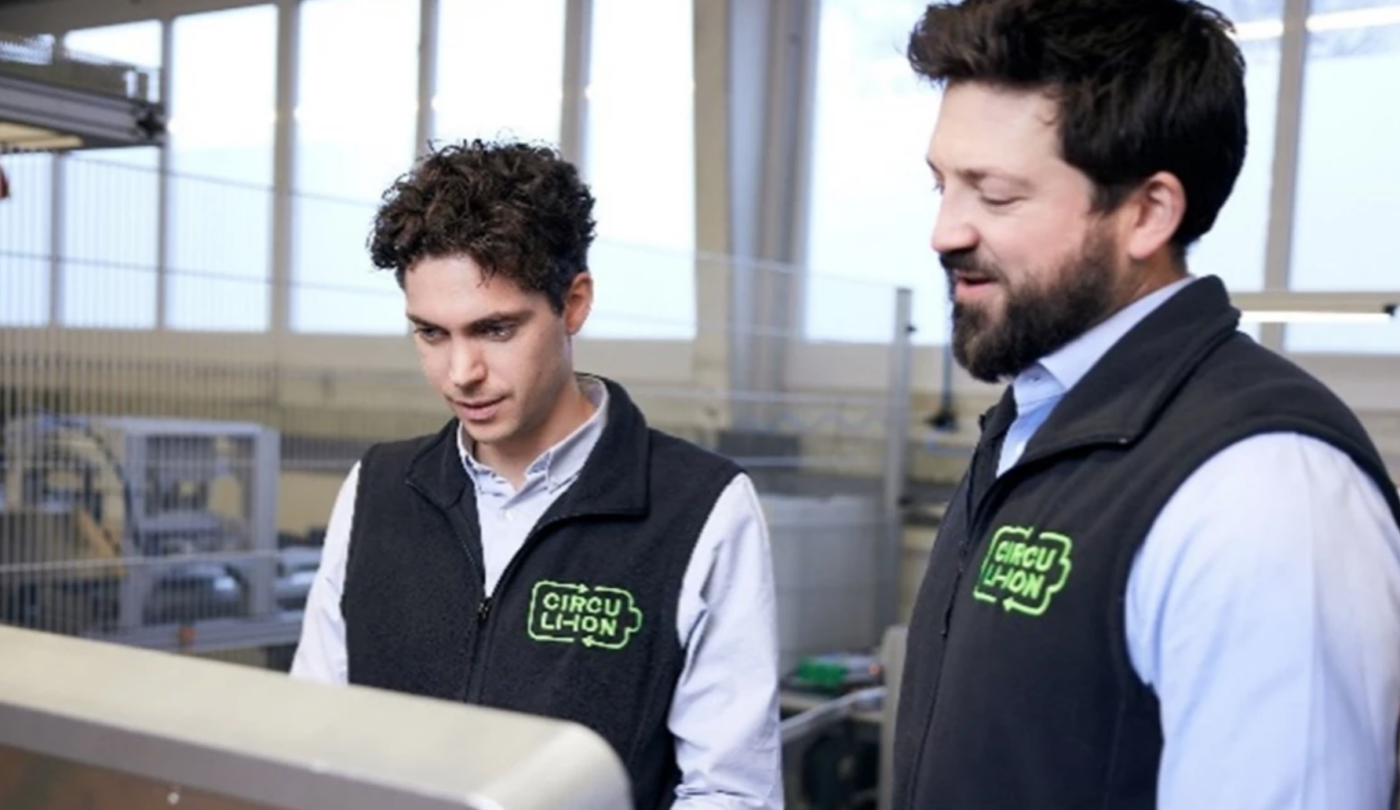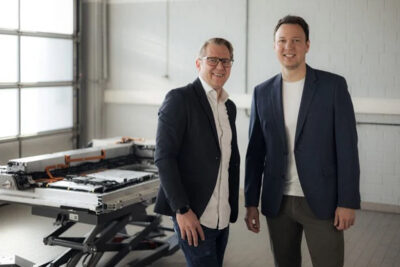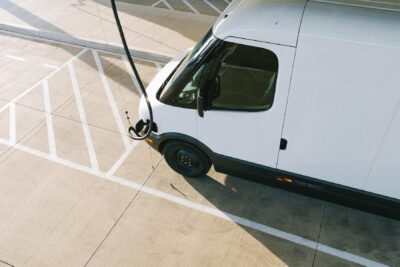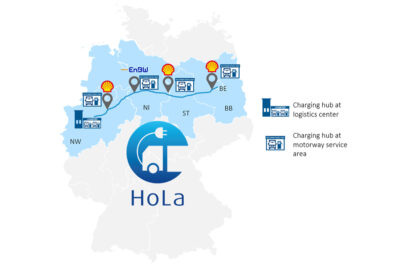Circu Li-On looks in on Amazon processes
Circu Li-ion is looking in on Amazon activities to optimise the use of electric vehicle batteries for reuse and recycling. In an automated process, the batteries are dismantled and the individual cells are checked to see whether they can be reused or recycled.
The pilot phase, which will begin after September 2024, will allow Circu Li-ion to expand its technology in Germany. During the six months of the pilot, Circu Li-ion and Amazon will jointly process batteries from electric vehicles from Amazon’s delivery network using Circu Li-ion’s technology.
Circu Li-ion is funded by the Amazon Sustainability Accelerator program, which announced its support of the battery recycling startup in its latest round of funding in June 2024. Amazon points out that Circu Li-ion can show the way for other companies that want to electrify their logistics and aim to make the most of their vehicle batteries.
In June, Circu Li-ion revealed that it now employs 34 people at its sites in Karlsruhe, Berlin and Luxembourg and counts various OEMs, including from the electromobility sector (EVs, electric scooters and e-bikes), and recycling companies among its customers, with whom it works on a sustainable battery recycling cycle.
The AI algorithms are to be used to optimise the recycling processes, i.e., in unloading, dismantling, and disassembling the used batteries. According to the company, this is intended to reduce manual labour time and minimise environmental impact. With the company’s facility in Karlsruhe, it should be possible to carry out “clean upcycling” for customers – as “Disassembly-as-a-Service.”
The data collected in the process will be reused; Circu Li-ion wants to build the “world’s largest data repository for battery recycling”. “By employing real-time data collection and analytical algorithms, Circu Li-ion won’t just house but also enable actionable insights from the world’s largest battery recycling data repository, thus facilitating data-driven decision-making across the platform,” the company wrote.
Digital platforms and processes for the reuse and recycling of batteries are essential for identifying batteries that can be given a second life after use in high-performance electric vehicles, such as electric cars, trucks and buses, to be reused in lower-performance vehicles such as mopeds, or stationary storage systems. According to second-life industry players, just 10 per cent of automotive batteries in second-life would completely power all stationary storage needs.
aboutamazon.com (in German)





0 Comments